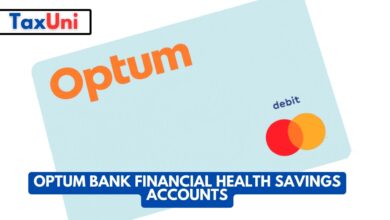How Does Credit Card Consolidation Affect Your Credit Score?
Credit card consolidation is a great way to reduce debt and improve financial health. However, the process may hurt your credit score in the short-term as you open a new credit account and make loan payments.

Credit card consolidation involves taking out a new loan or using a balance transfer credit card to pay off multiple debts, which can help with your money management. You can do this through a bank or lender, credit counseling agency, or your own. Typically, you will trade multiple due dates for one monthly payment and a single interest rate that may be lower than the average of your current credit card rates.
However, depending on your specific situation and the method you choose, credit card consolidation could hurt or help your credit scores. A loan or balance transfer can result in a hard inquiry into your credit history, which can lower your score by about five to 10 points. Multiple inquiries within a short period of time can do even more damage. Adding a new account will also decrease the average age of your credit, which accounts for 15% of your credit scores.
The good news is that, over time, if you keep up with your debt payments and make sure to reduce your credit utilization, your credit scores should continue to rise. This is because FICO weighs payment history and credit utilization more heavily than credit history length or the number of open accounts

How Does Credit Card Consolidation Work?
Credit card debt consolidation can simplify your payments and provide you with a clear path to becoming debt-free. It may also save you money if the new card has a lower interest rate than your existing cards, and it could help improve your credit standing as those high revolving balances drop.
Three main ways to consolidate credit card debt are using a balance transfer card, personal loan, or debt management plan (DMP). The first two options require that you get new financing, and the DMP option requires you to work with a professional credit counseling agency.
A balance transfer credit card allows you to move your debts from one card to another, often with 0% APR introductory rates for a limited time. This can reduce your interest charges and allow you to focus on eliminating your debt faster.
However, people’s biggest mistake with this strategy is not balancing their budget and avoiding new credit card purchases. That can cause them to return to old habits, and it could end up costing more than just the 0% APRs they saved. Also, remember that you still owe the original creditors that you consolidate with. And if you can’t make your monthly payments, those original balances will be back on the cards that you paid off.





